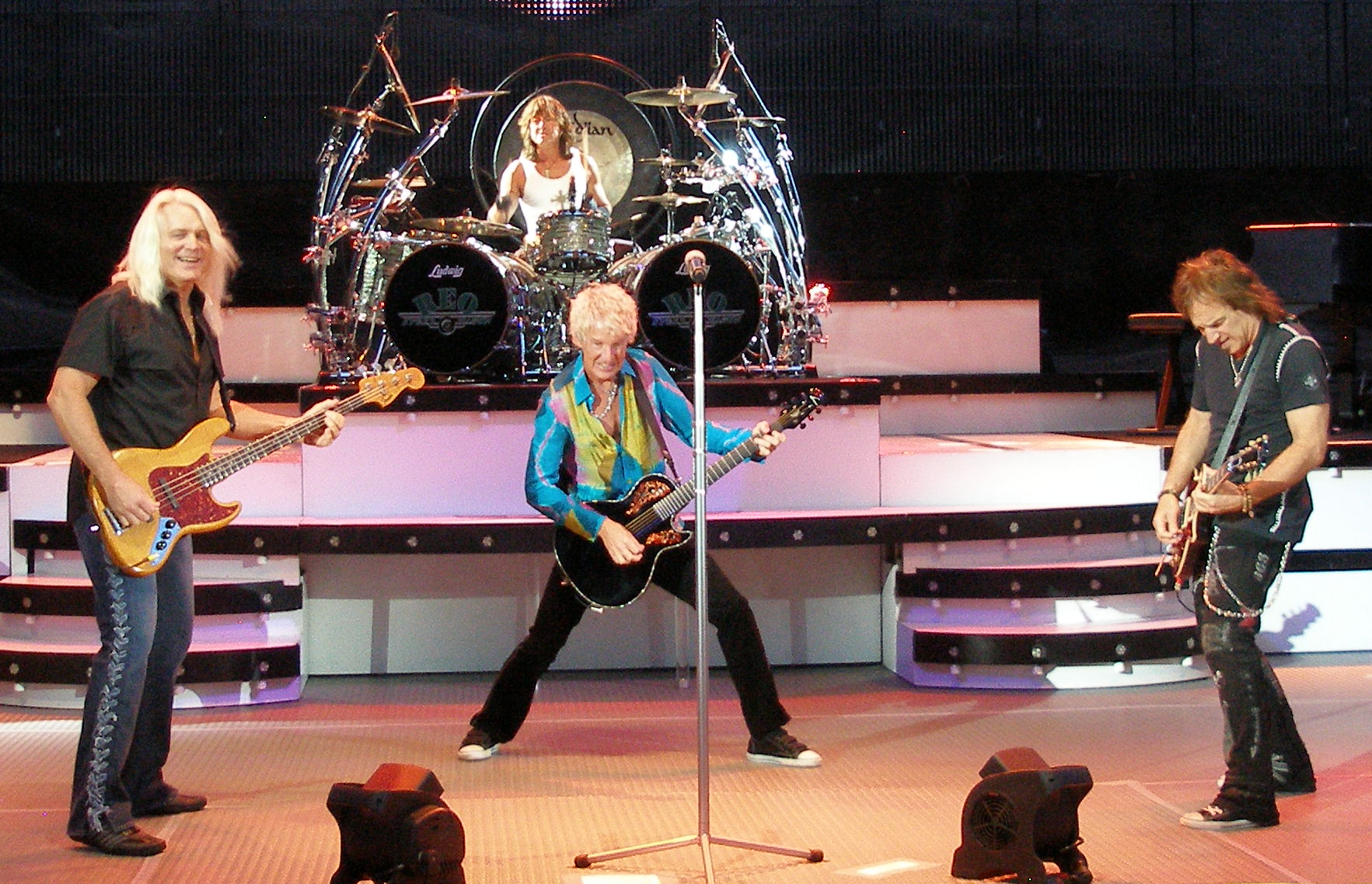
Michael rhyme Role OLYMPUS DIGITAL CAMERA music
The Role of Music in Elevating Tourism in India
Famed for its rich cultural tapestry, India skillfully merges ancient traditions with modern influences. Within this cultural milieu, music emerges as a significant mode of expression and engagement. Integral to Indian heritage, music infuses religious rituals, societal events, and various artistic endeavors. In tourism, it attracts both local and global visitors. This essay examines how music enhances Indian tourism by drawing in tourists, enriching their cultural interactions, and driving economic growth.
India showcases an extensive array of music, including classical, folk, and contemporary forms. Classical music is primarily divided into Hindustani (from Northern India) and Carnatic (from Southern India), noted for their intricate and spiritual appeal that attracts audiences worldwide. Events like the Dover Lane Music Conference and Tyagaraja Aradhana promote these classical genres, pulling enthusiasts and connoisseurs to India’s cultural centers.
Folk music, with its rich regional diversity, mirrors India’s lively cultural scene. Every Indian state boasts its distinct musical traditions, such as Rajasthan’s haunting Manganiyar melodies and West Bengal’s mystical Baul songs. These folk tunes are often performed at festivals and communal occasions, offering tourists an authentic cultural taste. Additionally, Bollywood music, globally acknowledged, significantly entices visitors eager to explore India’s vibrant entertainment landscape.
Music festivals throughout India play a crucial role in luring tourists by facilitating cultural dialogue and showcasing local talent. Festivals like the Rajasthan International Folk Festival in Jodhpur and Goa’s Sunburn Festival emphasize Indian music’s diversity by merging traditional and contemporary styles. These events provide platforms for international artists to engage with Indian musicians, encouraging cultural exchange.
Such festivals not only enrich cultural experiences but also stimulate the economy by creating jobs, raising demand for accommodation, and boosting sales of local crafts and delicacies. Consequently, hosting cities enjoy increased tourism, infrastructure enhancements, and heightened global visibility.
Music is a potent means of cultural diplomacy, enhancing India’s presence on the world stage. Government-initiated programs and cultural exchanges featuring Indian music raise interest among prospective travelers. For example, concerts and workshops arranged by Indian embassies globally enhance cultural appreciation and invite visits to experience India firsthand.
While promising, integrating music with tourism strategies faces hurdles. Challenges such as inadequate infrastructure, limited marketing, and music’s commercialization can dilute the authenticity of cultural experiences. Additionally, there is a need for increased investment from both government and private sectors in music tourism efforts.
However, these challenges also present opportunities. Utilizing digital platforms to promote virtual music festivals and online cultural experiences can broaden the global reach of Indian music. Partnerships among government entities, travel agencies, and local communities can cultivate more sustainable and authentic tourism approaches.
Music significantly enriches tourism in India through deepening tourists’ cultural interactions, fostering cultural exchanges, and promoting economic expansion within tourism. By addressing existing challenges and leveraging opportunities, India can further strengthen its position in the global tourism market through music. Amid rising global connectivity, India’s abundant musical heritage offers a captivating avenue for cultural exploration, serving as a substantial asset to its tourism industry.
By: RIMJHIM MEENA
Write and Win: Participate in Creative writing Contest & International Essay Contest and win fabulous prizes.


